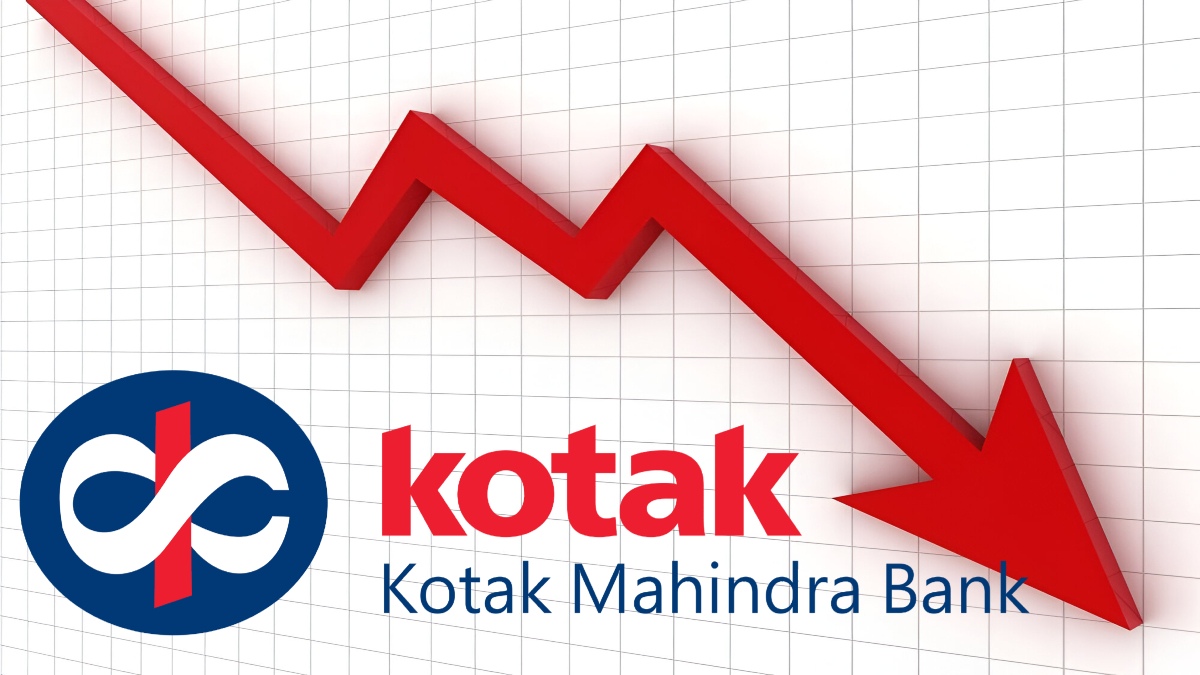COVID-19 Causes Devastating Losses In Working hours And Employment
The Covid-19 cases is expected to wipe out 6.7 per cent of working hours globally in the second quarter of 2020 - equivalent to 195 million full-time workers, the International Labour Organization (ILO) has said.
According to it, large reductions are foreseen in the Arab States (8.1 per cent, equivalent to 5 million full-time workers), Europe (7.8 per cent, or 12 million full-time workers) and Asia and the Pacific (7.2 per cent, 125 million full-time workers).

Huge losses are expected across different income groups but especially in upper-middle income countries (7.0 per cent, 100 million full-time workers). This far exceeds the effects of the 2008-9 financial crisis.
The sectors most at risk include accommodation and food services, manufacturing, retail, and business and administrative activities.
The eventual increase in global unemployment during 2020 will depend substantially on future developments and policy measures. There is a high risk that the end-of-year figure will be significantly higher than the initial ILO projection, of 25 million.
More than four out of five people (81 per cent) in the global workforce of 3.3 billion are currently affected by full or partial workplace closures.
"Workers and businesses are facing catastrophe, in both developed and developing economies," said ILO Director-General Guy Ryder. "We have to move fast, decisively, and together. The right, urgent, measures, could make the difference between survival and collapse."
According to the new study, 1.25 billion workers are employed in the sectors identified as being at high risk of "drastic and devastating" increases in layoffs and reductions in wages and working hours. Many are in low-paid, low-skilled jobs, where a sudden loss of income is devastating.
Looked at regionally, the proportion of workers in these "at risk" sectors varies from 43 per cent in the Americas to 26 per cent in Africa. Some regions, particularly Africa, have higher levels of informality, which combined with a lack of social protection, high population density and weak capacity, pose severe health and economic challenges for governments, the report cautions.
































